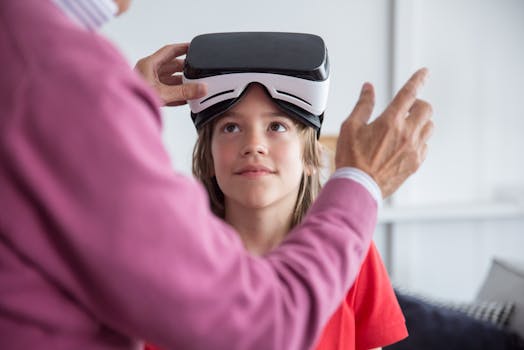
“
Soaring Through the Cosmos: The Power of Imagination Beyond the Stars
The Focus Keyword: Imagination
Imagination, the catalyst that propels us beyond the stars, is a force that has captivated human minds since the dawn of time. It is the spark that ignites the flame of curiosity, driving us to explore, to discover, and to push the boundaries of what is thought possible. In this vast expanse of the cosmos, where stars and planets dance in the grand ballet of space, imagination is the key that unlocks the doors to new worlds, both real and imagined.
Understanding the Power of Imagination
Imagination is not merely a product of our minds; it is a powerful tool that shapes our perceptions, influences our actions, and molds our understanding of the universe. It allows us to envision the future, to recreate the past, and to navigate the present with a depth and richness that would be impossible without it. In the context of the cosmos, imagination enables us to conceptualize the unimaginable, to theorize about the unseen, and to explore the unexplored.
The power of imagination is exemplified in the works of astronomers, scientists, and science fiction writers who, through their contributions, have expanded our knowledge and understanding of the cosmos. From the theoretical frameworks that explain the origins of the universe to the fictional narratives that transport us to distant galaxies, imagination plays a pivotal role in shaping our cosmic consciousness.
The Role of Imagination in Space Exploration
Space exploration, with all its challenges and wonders, is a testament to the power of human imagination. The ability to envision a future where humanity is not confined to Earth but is a part of a larger cosmic community has driven innovation, inspired generations, and led to incredible feats of engineering and discovery. From the first steps on the Moon to the ongoing explorations of Mars and beyond, imagination has been the constant companion, guiding us through the unknown and motivating us to overcome the seemingly insurmountable.
Furthermore, imagination is crucial in the development of technologies that enable space travel and exploration. The conceptualization of spacecraft, habitats, and life support systems for deep space missions requires a profound level of imaginative thinking. It involves envisioning scenarios, predicting challenges, and devising solutions that can only be tested in the vast, unforgiving environment of space. Thus, the power of imagination is not only a driving force but a necessity in the pursuit of space exploration.
Imagination Beyond the Stars: The Realm of Speculation and Fiction
Beyond the boundaries of current technological capabilities and scientific understanding lies the realm of speculation and fiction, where imagination knows no bounds. Science fiction, in particular, has played a significant role in inspiring real-world innovation and influencing public perception of space and space travel. Works of fiction have the power to inspire new generations of scientists, engineers, and explorers by depicting futures that are both tantalizing and achievable.
The imaginative works of science fiction writers have, on numerous occasions, preceded and predicted real-world advancements. For example, the concept of tablet computers, as depicted in Star Trek, is now a reality. Similarly, the idea of virtual assistants was first popularized in science fiction before becoming an integral part of our daily lives. This intersection of imagination and innovation underscores the significant impact that fiction can have on shaping our technological and societal futures.
Takeaways
- Imagination is a powerful tool that enables us to explore, discover, and push the boundaries of what is thought possible in the cosmos.
- It plays a pivotal role in shaping our cosmic consciousness and has been instrumental in the advancement of space exploration and the development of space-related technologies.
- Science fiction and speculative imagination have the power to inspire innovation, predict future technological advancements, and influence public perception of space and space travel.




